What is the relationship between Jia Kui and Sima Yi? Are they on good terms?
In the history of China, many politicians and scholars have developed complex relationships in the pursuit of power. Jia Kui and Sima Yi are a typical example of this. Although they served in the same dynasty, they held subtle political opposition towards each other. This article will reveal the complex relationship between these two outstanding figures based on historical records.

Jia Kui (around 147-229), courtesy name Gongming, was a renowned litterateur and politician in the late Eastern Han Dynasty. Born into a prestigious family, his grandfather Jia Yi was a famous litterateur and politician of the Western Han Dynasty, while his father Jia Chong was a renowned general of the late Eastern Han Dynasty. Jia Kui was exceptionally intelligent from a young age, reading extensively and particularly proficient in the creation of poetry and prose. His literary achievements made him stand out in the Eastern Han Dynasty court, where he served as Shangshulang and Shizhong. However, Jia Kui's most celebrated feat was his bravery during the Yellow Turbans Rebellion. At that time, Jia Kui was appointed as the Governor of Yingchuan and successfully quelled the local rebellion, earning illustrious merits for stabilizing the political situation of the Eastern Han Dynasty.
Sima Yi (around 179-251), courtesy name Zhongda, was a renowned politician and strategist of the Cao Wei Dynasty. He was a cousin of Cao Cao and an important advisor to Cao Pi, eventually becoming the actual ruler of the Cao Wei regime. Sima Yi possessed exceptional talents in politics and military affairs, and his wisdom and tactics enabled him to remain undefeated in the political struggles of the Cao Wei period. However, it was these talents that led to his subtle political opposition with Jia Kui.
The political opposition between Jia Kui and Sima Yi was mainly reflected in their attitudes towards the Cao Wei regime. Jia Kui was a loyal supporter of the Eastern Han Dynasty court. During his tenure in Yingchuan, he governed effectively, bringing prosperity and stability to the local people. Therefore, the local people expressed their gratitude to Jia Kui by honoring him as "Jia Hou Qu." This name was both a sign of respect for Jia Kui and a reflection of their expectations. In the hearts of the people of Yingchuan, Jia Hou Qu was a wise and benevolent governor who they hoped would continue to bring well-being to the people and faithfully serve the country.
However, as Sima Yi's position in the Cao Wei regime became increasingly stable, he began to harbor hostility towards the Eastern Han Dynasty court. He believed that the Eastern Han Dynasty had declined and was unable to provide wise counsel for the country. Therefore, Sima Yi gradually developed political opposition with Jia Kui. This opposition often led to disagreements in handling government affairs and even intense debates on certain occasions.
Despite their political opposition, Jia Kui and Sima Yi were both outstanding politicians and scholars. Their talents and wisdom have left a lasting impression on the historical stage. By studying Jia Kui and Sima Yi, we can gain a deeper understanding of the political struggles in the late Eastern Han Dynasty and the Cao Wei period, and also draw wisdom and strength from their lives.
Disclaimer: The above content is sourced from the internet and the copyright belongs to the original author. If there is any infringement of your original copyright, please inform us and we will delete the relevant content as soon as possible.
Guess you like it
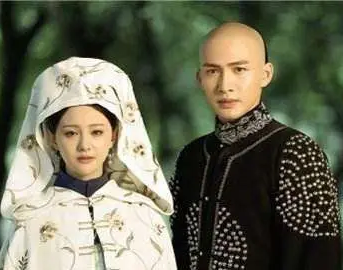
Nalan Rongruo: a perfect fusion of talent and melancholy
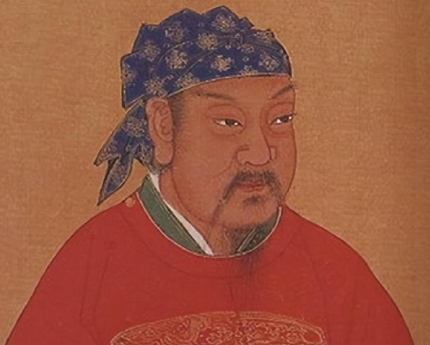
Liu Yu: starting from nothing, he founded the Southern Song Dynasty of the Southern Dynasties.
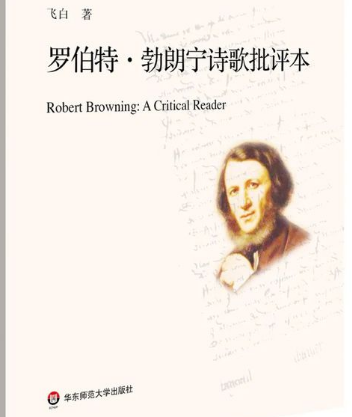
What are Brownings most famous poems? What are they like?
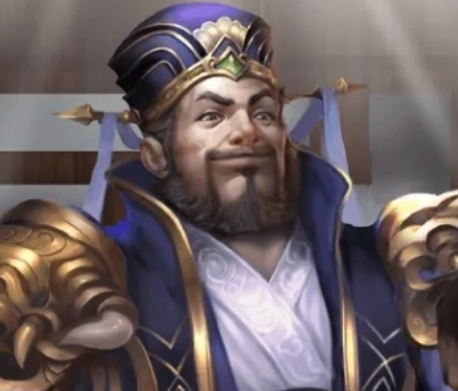
Who is Lu Qian? What is his courtesy name?
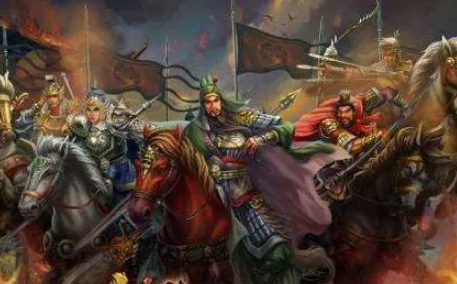
Descendants of the Five Tiger Generals: The Glorious Legacy of Inheriting Ones Fathers Profession
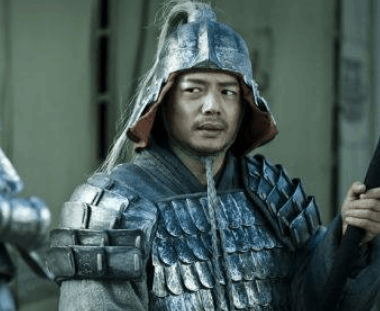
Solely hailed as the "War God" of generals: Unveiling Han Xins military prowess and wisdom.

How are Robert Brownings works? How were they created?
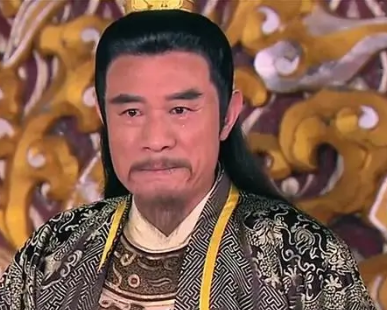
Li Yuan, the first emperor of the Tang Dynasty: An underappreciated founding monarch in history?
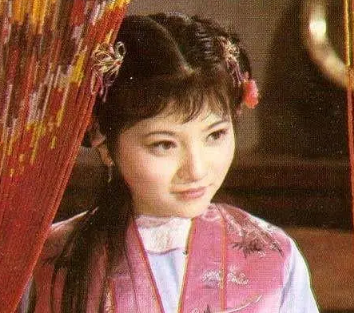
The marital status of concubines in ancient times
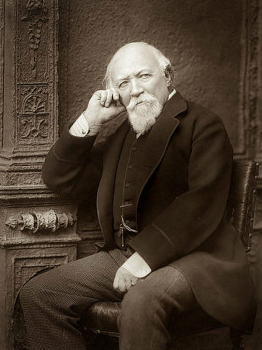
What nationality is Rob Browning? Where was he born?









